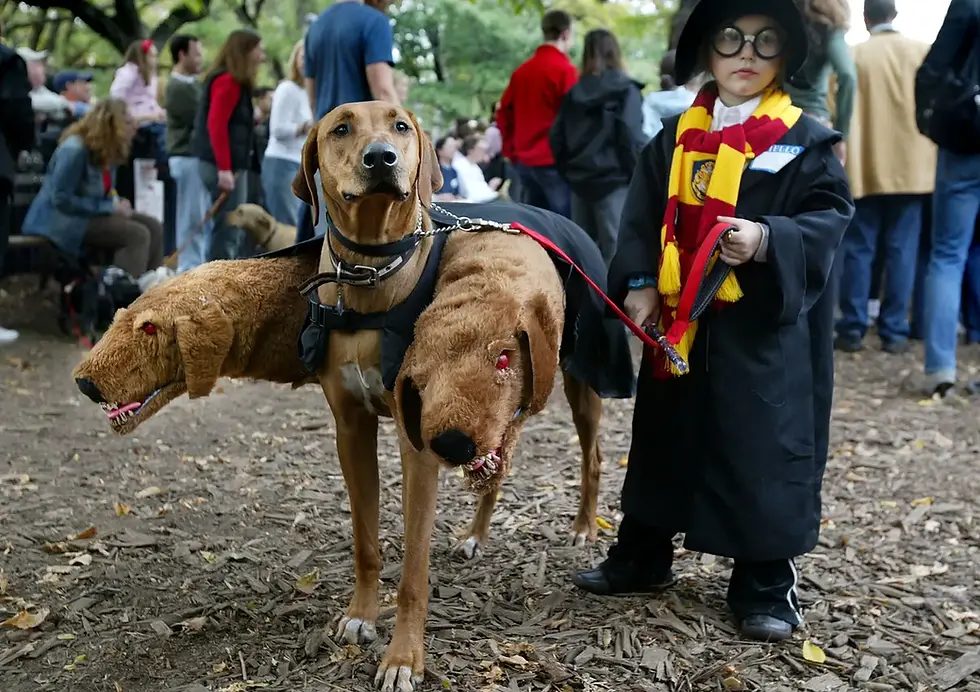Comforting Someone Who's Lost a Pet
- Ricki Lane
- Sep 30
- 3 min read

People can form extremely deep bonds with their pets, seeing them as loyal companions and family members. For this reason, when someone loses a pet, the experience can be as distressing as suffering the loss of a person.
A key factor that can aggravate pet grief is social isolation, so it’s great that you want to be there for the grieving person you know – just remember their distress might last a long time (months or more), so try, if you can, to maintain your support beyond this initial chat.
The intensity of the grieving experience might depend on the context. As you prepare to offer support, spend a moment thinking about the context of your friend or loved one’s loss.
Just as with human bereavement, the bigger the role someone’s pet played in their life, the more intense their grief is likely to be.
For instance, if the grieving person you know lived on their own with their pet, the impact is likely to be greater. Or if the pet acted as an emotional bond to a family member who has since passed away (which might be especially the case for older people), this could add even greater intensity to the new loss.

Losing a pet can cause intense grief... GETTY IMAGES
There are some distinct challenges associated with pet grief that it’s important to bear in mind when it comes to offering support. A large review of studies into pet bereavement published in 2021 found that one of these challenges is what researchers call ‘disenfranchisement’ – the sense that other people won’t view the loss as meaningful or legitimate.
For that reason, one of the most important things you can do is validate the loss that the person you know is going through. Normalise it; do not downplay it (“it was only a pet”) or imply that it is unserious (“just get another one”).
Another common complicating factor in pet grief is that the person may have needed to have their pet ‘put down’ (euthanised). The person you want to support might be dealing with feelings of guilt or uncertainty around having taken this step. Try to be as understanding as possible about their feelings and, if it feels right, consider reminding them that their pet will be at peace and is no longer suffering.
The research shows that grieving pet owners often gain comfort from performing rituals of remembering. In many countries and cultures, this doesn’t happen as an automatic formality , so another way you can support your grieving friend or loved one is to gently explore with them some ways that they could honour and remember their lost pet – this could be through scattering ashes in a meaningful location, creating a photo album or inquiring about a pet burial plot.
Many grieving pet owners find comfort in adopting a new pet, but it’s important you don't rush into making this suggestion. Trust your instincts and when the time feels right, you could suggest it cautiously and tactfully.
In rare cases, just as with grief for a human, grief for a pet can become excessively prolonged or intensely distressing. If your friend or loved one is really suffering and it’s affecting their ability to function, you could gently raise the possibility that they seek professional support.
- DR. Christian Jarrett, Cognitive Neuroscience for BBC Science Focus



Comments